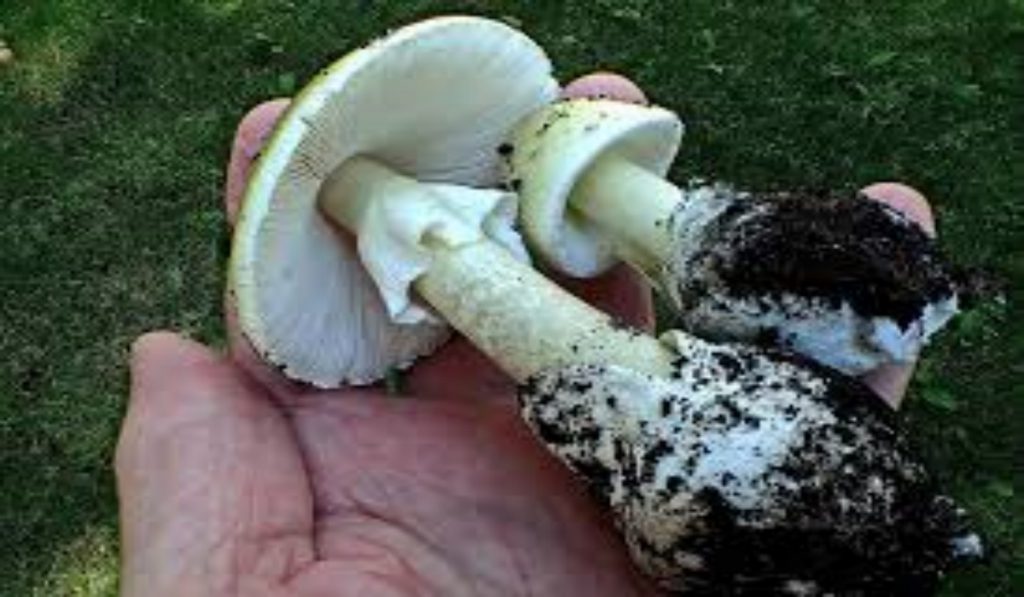
Death cap mushrooms, which are toxic to people and pets, are growing in Oak Bay, according to a release from the municipality.
Island Health says the mushrooms typically fruit in the fall, but lawn watering can cause them to grow earlier.
Oak Bay says the mushrooms are extremely toxic and can cause severe illness or death if consumed by people, especially children, and they are very dangerous to pets.
The mushrooms are pale and yellowish in colour, with a large cap and skirting underneath.
The BC Centre for Disease Control and Island Health note there are some mushrooms that look very similar to death cap mushrooms, which is why it is important to only eat mushrooms if you are completely certain what variety they are, or to buy mushrooms from a trusted source.
“Do not pick wild mushrooms unless you are knowledgeable about local varieties of mushrooms or are foraging with a person who can accurately identify them,” Island Health’s web page on death cap mushrooms says.
“It’s worth repeating – death cap mushrooms can be confused with some edible mushrooms, such as puffballs and paddy-straw mushrooms.”
If you suspect you or a family member has consumed a poisonous mushroom, Island Health advises you go to the nearest hospital, call the BC Drug and Poison Information Centre at 1-800-567-8911 or 911, and keep a sample of the mushroom for testing.
Anyone who finds death cap mushrooms on their property is advised to wear rubber gloves to remove them and then wash hands thoroughly afterwards, discard the mushrooms in the garbage, not in the compost, and make sure to remove the bulbous base as well.
Additionally, Island Health recommends avoiding unnecessary lawn watering to conserve water and suppress the early fruiting of the plant.
Anyone who finds a death cap mushroom is asked to report it to the B.C. government’s invasive plants department.




